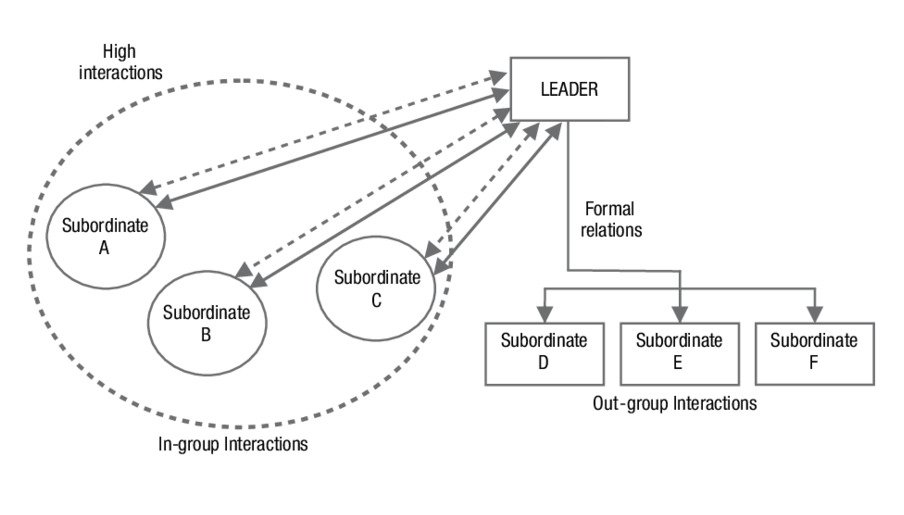Business ethics are the moral doctrines that direct the way to business behave. Business ethics determines the actions of every individual that distinguish the right or wrong. Every business organization must develop the codes of conduct and ethics that should be followed by all the members. Ethics can be taken as the crucial way to self-presentation and public perception of the organization. Ethics in human resource management is related to the employee’s issues. Human resource management plays an important role in setting up and implementing ethics in the workplace. Implementation of ethics in the workplace has been one of the challenging tasks for the organization.… Read the rest
Modern HRM
Economic Theories of Pay and Reward
The issue of pay and reward can be said to be the most important part of work for individuals in the work place as they expect a reward or compensation for the efforts they put in. hence, employers and organizations have established regular reward packages to insure that workers are paid and remain loyal to their jobs.
Pay however, has been influenced by many factors, and scholars have propounded theories to explain the reasons why wages vary, rise and fall in occupations. There exist the economic theory that stipulates the demand and supply factor to the variation of wages. Here, the demand for labor is a resultant effect of the services labor can produce, and the supply indicates the willingness of any individual to provide labor that will be priced at a certain range.… Read the rest
Working Across Boundaries
During the last decade, the concept of working across boundaries has become a popular concept. The basic premise is that individuals and organizations need to traverse boundaries if they are to achieve their goals. Essentially earlier concepts of fixed organizational demarcation lines no longer apply in modern-day business concepts. Within the organizational framework, the concept of boundaries can become a reasonably complex issue. There still remains an active debate as to whether the definitions of boundaries are realistic, objective, or imagined. The concept has become more complex with the use of outsourcing and Public/Private partnerships in terms of lines of demarcation and authority. … Read the rest
Employee Participation and Organization Performance
In the first instance is necessary to define both employee participation as well as what is meant by performance. Employee participation may be defined as the process by which employees are involved in the decision making process of a business rather than merely being expect to following instructions and as such this forms what is referred to in HR as empowerment. Performance on the other hand can be considered from two perspectives, firstly there is the performance of the individual in question and how their personal performance is affected by the concept of employee participation. Secondly there is the performance of the organization as a whole to consider and how this will change with varying degrees of employee participation. … Read the rest
Psychological Contract – Meaning and Importance
The psychological contract is certainly an important aspect of the employment relationship as it invisibly binds the employer and the employee through a set of expectations. For the individual in an organisation, the psychological contract is mostly relevant as it directly affects the level of motivation, commitment and morale of that person. Moreover, a positive psychological contract helps to boost the productivity and performance of an employee.
Thus, to gain the commitment and loyalty of individual employees, it becomes essential that organisations put in place appropriate systems to foster the identification of employee expectations and ways to fulfill them. However, expectations are not easily identified, both on the employers and employees side.… Read the rest
Leader-Member Exchange Theory (LMX)
Several leadership theories including trait, behavioral, and contingency theories assume that the leader-member relations are consistent, with the leaders interacting with all subordinates homogeneously. But, Leader-Member Exchange Theory (LMX) asserts that leader-member relations are heterogeneous as leaders cannot distribute their limited resources and time to all the subordinates equally. Hence the leader develops unique dyadic relations with each member over a series of exchanges i.e. Vertical Dyadic Linkage Approach (VDL). Leader-Member Exchange Theory (LMX), also called the Vertical Dyad Linkage Theory developed by Graen and his colleagues suggests that leaders cultivate qualitatively different types of relations with different employees. The theory dictates that effective leadership processes takes place when leaders and followers develop mature partnerships and thus gain access to the mutual benefits of this relationship.… Read the rest




